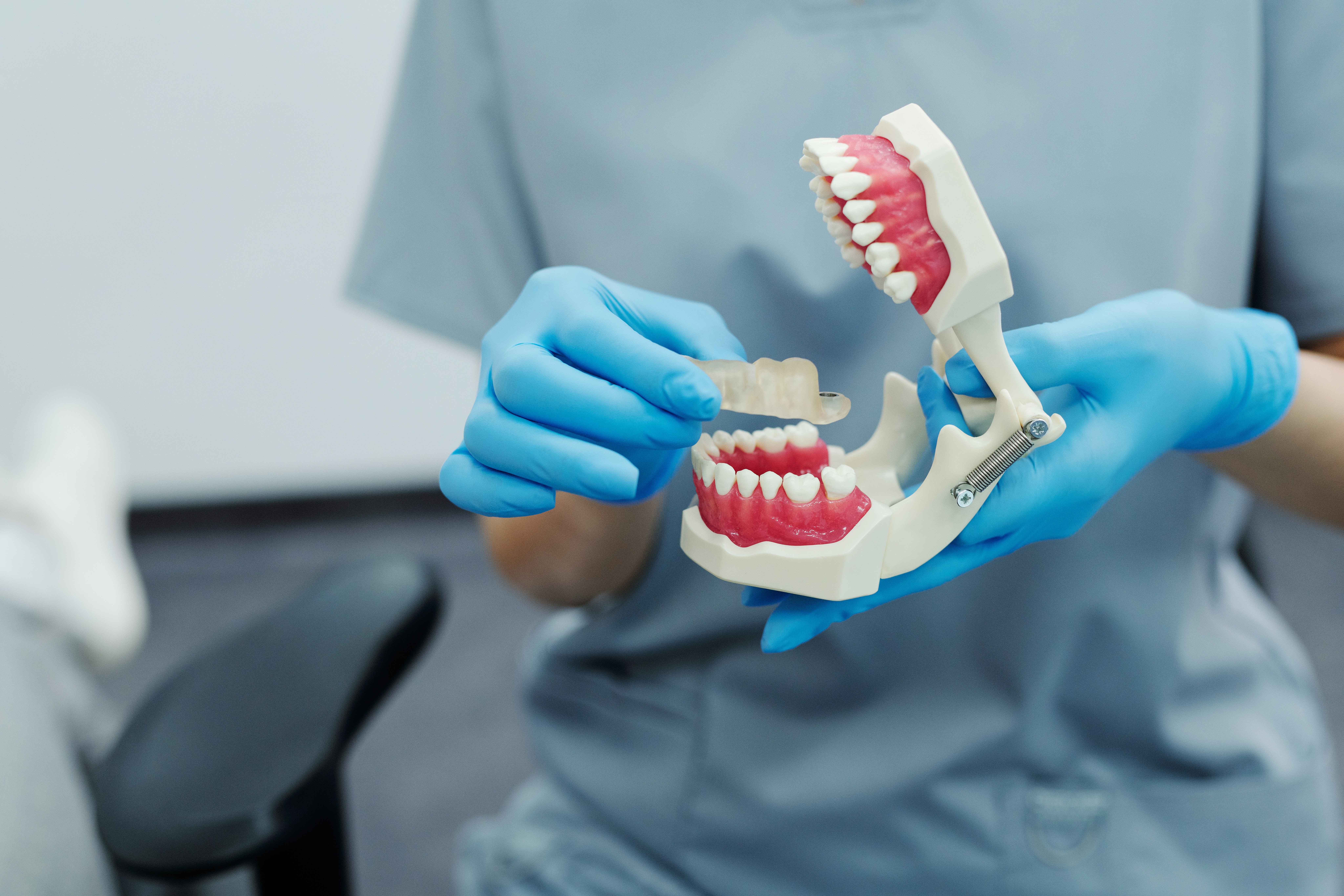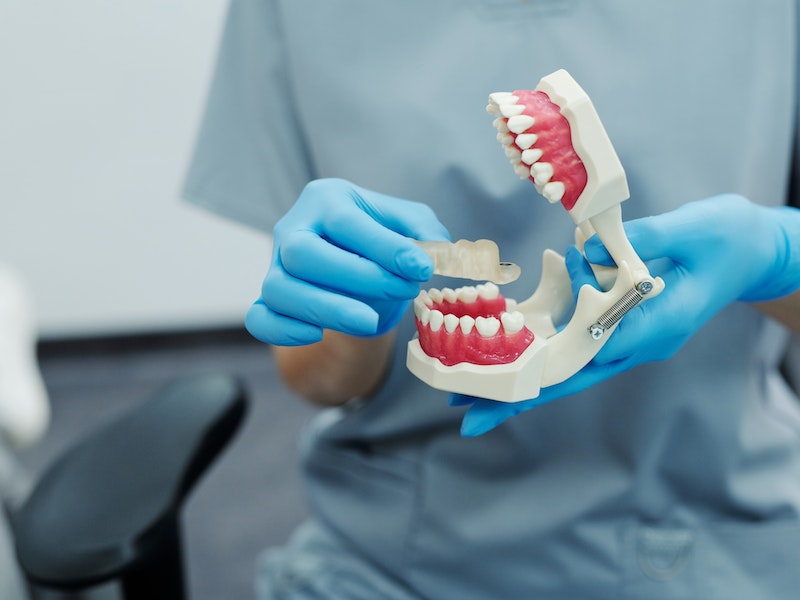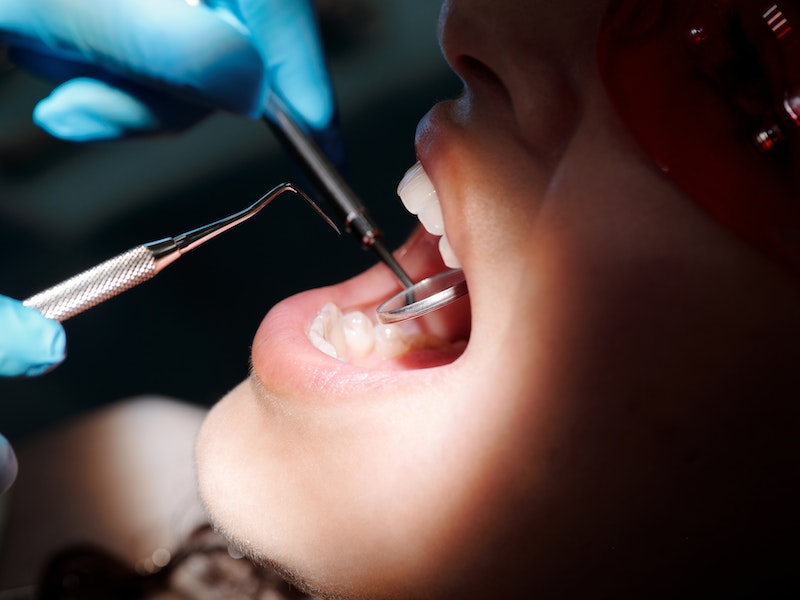
When and where to start preventive dental care?
Posted Aug 17, 2022 by Dr. Mini JosePreventive dental care should start the moment a child gets her first tooth. Not allowing bad oral hygiene habits to form is important. You must encourage your child to cultivate good dental habits such as brushing teeth and flossing, wean away from thumb sucking and teach about eating habits that help improve dental health. Carry out regular teeth cleaning and oral exams, every six months at least. Apply fluoride to the teeth and use sealants as advised by your dentist. It is also a good practice to take routine X-rays to keep track of jaw and teeth development. If you find any tooth crooked, see an orthodontist. For other apparent issues also, see the concerned dental specialist. Apart from this one should also identify related health issues like diabetes which will affect dental health and try to address those.
The advantages of preventive dental care include lower risk of developing gum diseases and other dental problems. The earlier your dental problems are identified, the lesser your treatment costs. Preventive dental care helps reduce dental issues arising from chronic medical conditions like diabetes, eating disorders, osteoporosis, etc. Eating a balanced diet is important in prevention. Early Childhood Cavities (ECC) is the most common chronic pediatric disease. Tooth decay is found to affect a large number of children. Brush teeth regularly to avoid gingivitis or the buildup of plaque on and between the teeth. Prevent caries by using a fluoride mouth rinse, and adjusting your diet so that foods containing sugar and other simple carbohydrates are reduced.



